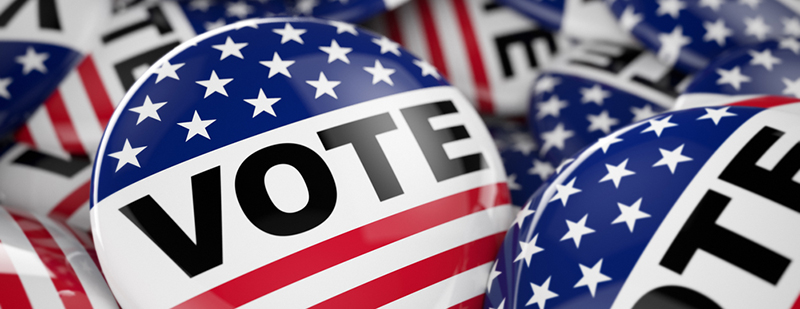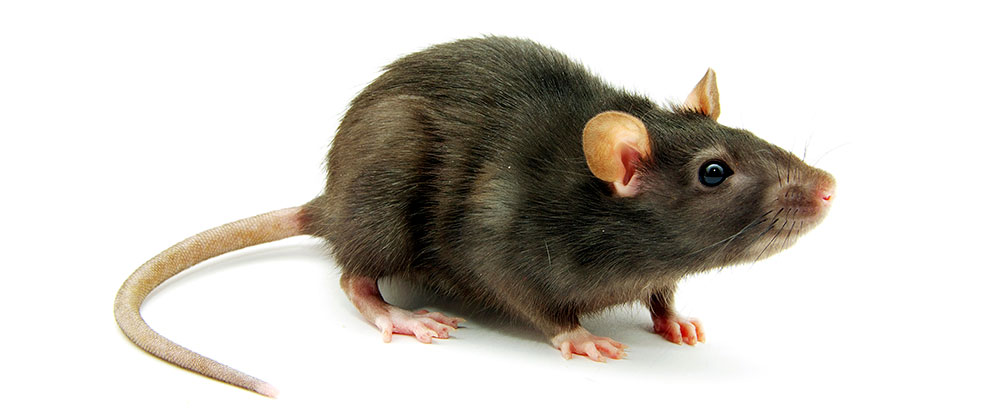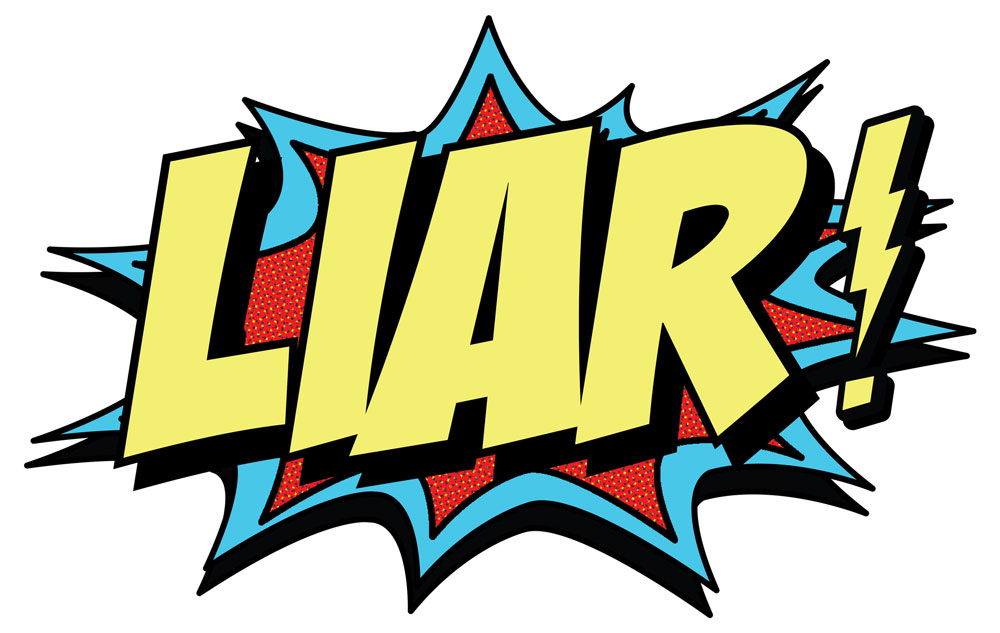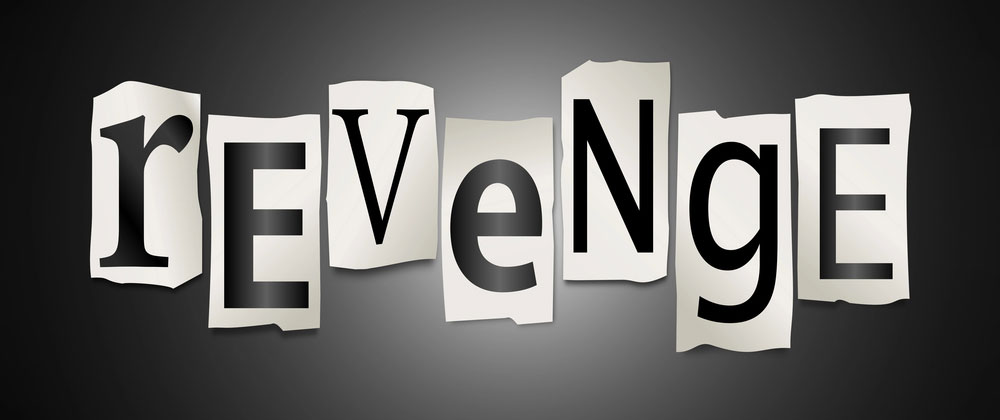Is it hard to get into the Electoral College? Do they have easy majors? Are the parties hearty? And, the most important thing is, do they have beer?
It is a surprise that many Citizens of the United States do not know that the Electoral College is not an institution of higher learning. If not the party school of your dreams, what is this “College” and how can I get there?
The Electoral College is a mechanism by which the President and Vice President of the United States are indirectly elected to office. If this sounds a bit confusing, you are not alone. Long ago, during the chaotic beginnings of the United States, it seemed like a logical idea to have a national election, count the votes of the participating candidates, and the candidate with the most votes wins the election (the popular vote).
Not so fast. Suppose you live in a tiny state such as Rhode Island, it doesn’t seem fair that if your state is really hot on one set of candidates for President and Vice President, your opinion and voice is tiny compared to the larger states in the country. The issue of representation had been resolved by the Founding Fathers creating two legislative bodies in Congress: (1) The Senate, that allows two representatives for each state, (regardless of size) and (2) the House of Representatives, that allows a variable amount of state members based on the population of each state.
To carry this idea further, the Electoral College was created (See the 12th Amendment to the Constitution of the United Sates) to even out the differences in small vs. large states. It provides that the members of the Electoral College would be equal to the total number of Representatives in The House of Representatives, plus the number of Senators. Currently, there are 435 Representatives in the House and 100 Senators plus three electors from the District of Columbia (thanks to the 25th Amendment to the U.S. Constitution). The winning number of electoral votes is 270. So, when you vote for President and Vice President you are actually voting for electors tacitly pledge to vote for your candidate a month after the actual election.
One doesn’t even know who these guys are, or to which fraternity house they might belong. That’s because the members of the Electoral College are not chosen until after the national election. It is a short session. Electors are chosen every four years on the Tuesday after the first Monday in November, and then meet to cast ballots on the first Monday after the second Wednesday in December. The candidates who receive a majority of electoral votes among the states are elected President and Vice President of the United States when the Electoral College vote is certified by Congress in January. Then there is great celebration where the President and Vice President-elect party, and say nasty things about their predecessors.
There are a few catches. States can make their own rules, such as the “winner take all” trick where if one set of candidates for President and Vice President gets the majority of votes, then all the electors in that state are “obligated” to vote for the winner. That state gets to have lots of influence in the election, and gets the Federal Government to give that state a bigger beer allocation, but only if that set of candidates win the majority of electoral votes. Maine and Nebraska, for example, apportion their electoral votes based on the popular vote in those states, and so the electoral votes are apportioned based on the percentage of the state’s popular vote.
Can the electors revolt? Theoretically, the electors are not legally bound to vote for the candidate for which they were elected to vote, but there are a few instances of electors going rouge, none of which changed the outcome of a national election.
If there is no majority vote in the Electoral College, the House of Representatives meets immediately to decide on the election of the President. The top three candidates are considered. Each state delegation votes as a block and gets one vote. The District of Columbia gets no vote. Currently, the magic number of State delegation votes is 26 to elect the new President. The Vice President is considered by the Senate from the top 2 candidates and the majority vote is 51. The outgoing Vice President is not permitted to vote but is allowed to have a cocktail and watch the proceedings.
The Electoral College-good things and bad things:
The good:
-Currently, there are 50 state elections for President and Vice President. Each state has their ballot system of voting. Some states use paper ballots, and other use Electronic voting or a combination of paper and computers. The diverse systems in each state make it much harder for bad actors to undermine the total results.
-The Electoral College confuses the hell out of our enemies, who get elected by those who have the most AK-47s, and can’t understand why an American election is such a big deal.
-Americans love spectacle, and what’s better than watching the action, checking the scores of the blue and red states and then watching the winner get a free house, servants, and a cool airplane. This is better than a Super Bowl ring or Monty Hall’s Let’s Make A Deal.
-The Electoral College forces candidates to build a more diverse regional base of supporters to who they cater to when elected. Winning simply by popular vote blurs this effect.
-The Electoral College keeps the voice of less populated areas such as farms in rural areas versus the highly populated locations such as cities. Cows cannot vote. They tend to overturn the ballot box.
The bad:
-The Electoral College might not be exactly pure democracy (one person-one vote) and sometimes, especially recently, the popular vote outcome was way different than the Electoral College result.
-The person a majority of voters favor might not win.
-The complexity of the Electoral College system might turn off some voters. Their thinking might be that their vote doesn’t really count.
-Small states and swing states often have too much power. One vote is less important. For example, California, with its 55 electoral votes means that there more than 700,000 votes per electoral vote, only some of which vote for the Academy Awards, while in Wyoming, there are less than 200,000 votes for each of their three electoral votes. The cows and buffalo are not counted.
What are your thoughts on the Electoral College? Take the American Unhinged poll. Only popular votes are counted.





Electorial college.vote should be popular
Why the . before vote
Very interesting perspective
Interesting. Looking forward to seeing a follow up
This is a comment